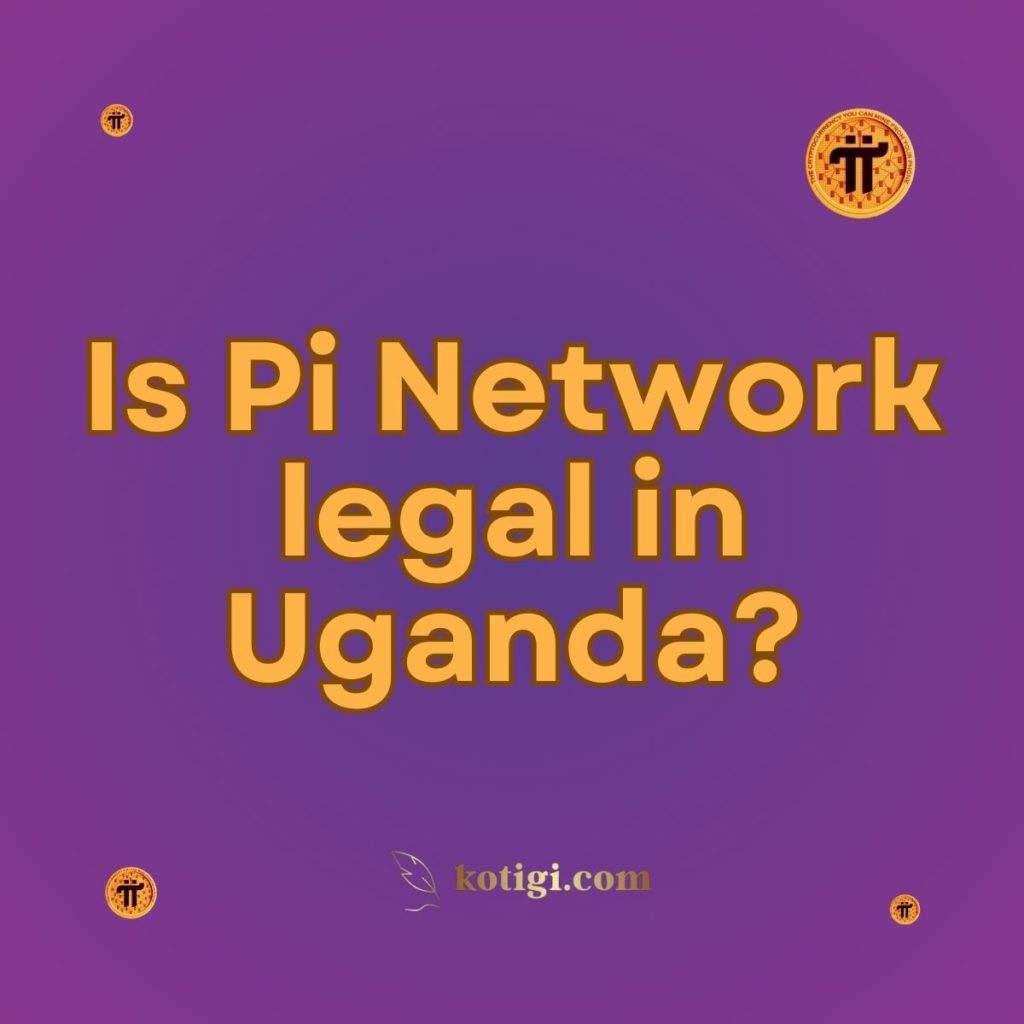
Is Pi Network legal in Uganda?
The legal status of Pi Network in Uganda is influenced by the country’s approach to cryptocurrencies and digital assets. Here’s a detailed look at how Pi Network operates within the Ugandan regulatory framework:
1. Cryptocurrency Regulation in Uganda
1.1. General Legality:
Cryptocurrencies, including Pi Network, are not explicitly illegal in Uganda. However, the Ugandan government and regulatory bodies have taken a cautious approach to digital assets, often issuing warnings about their use. While cryptocurrencies are not banned, they operate in a legal gray area with limited regulatory oversight.
1.2. Regulatory Bodies:
The Bank of Uganda (BoU) is the primary regulatory authority overseeing financial activities in Uganda. While the BoU has not established comprehensive regulations for cryptocurrencies, it has issued statements cautioning the public about the risks associated with digital assets, including the potential for fraud and financial loss.
2. Bank of Uganda’s Position on Cryptocurrencies
2.1. Public Warnings:
The Bank of Uganda has issued warnings to the public, advising them to exercise caution when dealing with cryptocurrencies. The BoU has highlighted the unregulated nature of digital assets and the risks involved, particularly the potential for significant financial losses and the absence of consumer protections.
2.2. Impact on Pi Network:
Since Pi Network is primarily focused on mining and has not yet reached the stage of active trading on exchanges, it operates outside the scope of direct regulation by the BoU. However, users should be aware that the lack of regulatory oversight means there are few legal protections in place.
3. Anti-Money Laundering (AML) and Know Your Customer (KYC) Requirements
3.1. Compliance with AML/KYC Regulations:
Uganda has anti-money laundering (AML) and know-your-customer (KYC) regulations that apply to financial institutions. However, since Pi Network is not classified as a financial institution and does not facilitate exchanges or transactions involving fiat currency, it currently does not fall under these regulations.
3.2. Potential for Future Scrutiny:
If Pi Network were to expand its services to include financial transactions or exchanges in Uganda, it might face scrutiny from regulators to ensure compliance with AML/KYC obligations. This could involve implementing procedures to prevent money laundering and fraud.
4. Consumer Protection and Legal Risks
4.1. Lack of Consumer Protection:
One of the main concerns regarding the use of Pi Network in Uganda is the absence of robust consumer protection laws related to cryptocurrencies. Users should be cautious, as they may have limited recourse in the event of fraud or loss.
4.2. Legal Risks:
While Pi Network is not illegal in Uganda, the lack of clear regulatory guidance creates a legal gray area. This uncertainty means that future regulatory changes could potentially impact the legality and operation of Pi Network in the country.
5. Future Regulatory Developments
5.1. Potential for Future Regulation:
As cryptocurrencies gain more attention in Uganda, the government may develop specific regulations to address digital assets. This could include establishing a legal framework for the use and trading of cryptocurrencies, which might impact how Pi Network operates in the country.
5.2. Legal Compliance Strategy:
To ensure long-term success in Uganda, Pi Network should monitor any regulatory developments and be prepared to adapt to new legal requirements. This includes staying informed about potential changes in the legal landscape and being proactive in complying with any new regulations.
6. Community Awareness and Education
6.1. Educating Users:
Given the cautious stance of the Bank of Uganda, it is important for Pi Network to educate its users about the risks and benefits of participating in the network. Providing clear and accurate information can help users make informed decisions and mitigate potential risks.
6.2. Building Trust:
To build trust with the Ugandan community, Pi Network should focus on transparency and accountability. By demonstrating a commitment to ethical practices and user protection, Pi Network can strengthen its position in the Ugandan market.
Conclusion
Pi Network is not illegal in Uganda, but it operates in a largely unregulated environment. The Ugandan government, through the Bank of Uganda, has issued warnings about the risks associated with cryptocurrencies, including the potential for financial loss and fraud. While Pi Network users in Uganda can legally mine and hold Pi, they should be aware of the lack of legal protections and the possibility of future regulatory changes. To ensure continued legal operation in Uganda, Pi Network should stay informed about regulatory developments and be prepared to comply with any new legal requirements that may arise.





If I buy pi how can I get profits